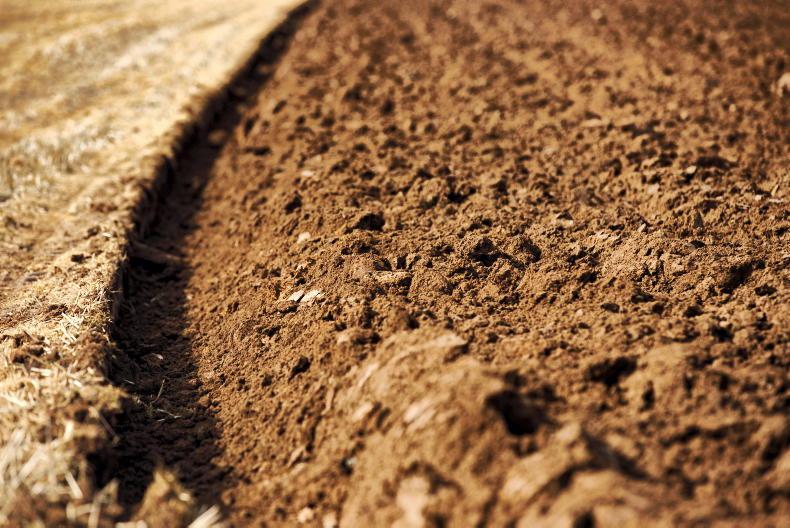Patience
There has been good drying in many parts of the country in the past few days. It has allowed some to pull beet, draw farmyard manure to fields, spray and plough. No doubt tillage farmers will be busy over the coming days making use of the weather.
I’ve seen that some took to tramlines a little early and those tramlines will be damaged for the year ahead.
Be patient until conditions are suitable to work. Small tank fills can also help to prevent damage when spraying.
Spraying
Over-winter stubble that was left for birds to nest in and feed on and falls under nitrates can now be sprayed with glyphosate, as of 1 February.
If you are applying herbicide to winter cereals, it might be an idea to add an aphicide where risk is considered high. Temperatures are mild some days.
It seems that much of the barley yellow dwarf virus infection last season happened in January or February. Walk crops and look at temperatures before making the decision. Crops by the coast are more at risk.
Be cautious about applying spray to stressed crops. Later sown crops are still struggling to establish, so these might be better left for another while.
Importing Manure
The recent outbreak of Salmonella on poultry farms highlights the need for caution when importing organic manures.
Poultry manure must always be ploughed in according to regulations from the Department of Agriculture and should not be applied on grass reseeds, where animals would graze or on land for silage.
When importing manures from any farms, you need to be confident that they do not risk bringing other problems onto the farm. Grass weeds are a prime example of a problem which can enter your farm via organic manures and we need to be cautious of this.
Beans recommended list
The Department of Agriculture released its spring beans recommended list for 2023 last week. The full details can be seen on the tillage pages of this week’s paper and online. Caprice, Lynx and Victus made the cut, with Lynx topping the table on relative yield with a score of 102.
Protein payment
Approximately 95 farmers are to receive the Protein top-up payment from 2022 in February. Last year the Minister for Agriculture guaranteed a payment of €300/ha for protein crops.
Most farmers received €270/ha under the EU funded scheme in December (some received this in January) and a further top up of €30/ha under the national exchequer, but approximately 95 farmers are still to receive the €30/ha payment and this is due to be paid this month.
Lime
It is an ideal time of the year to apply lime if ground conditions are suitable. The soil will not perform well at an incorrect soil pH. Phosphorus and potassium will not be as available at low soil pH. Cereals need a soil pH of about 6.5, while beans, peas and oilseed rape are higher at 7. Lime is a lot cheaper than fertiliser, so check your soil tests.






 This is a subscriber-only article
This is a subscriber-only article









SHARING OPTIONS: